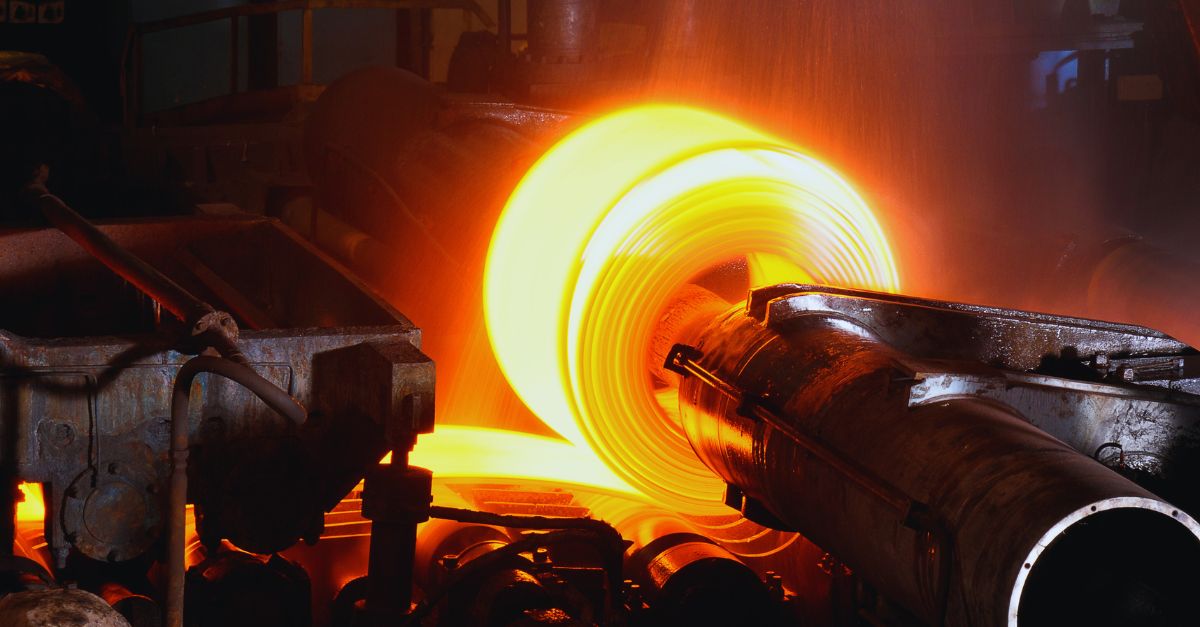India–US Trade Tensions Rise Over Steel and Auto Tariffs NMDC Limited reports a 38% drop in Q4 FY24 consolidated net profit RINL to Raise $23 Million Through Land Sales Amid Crisis

The Indian government has strengthened its steel procurement policy to prioritize domestic manufacturers and ensure a level playing field in global trade. The revised policy mandates the use of locally produced steel in government contracts and introduces a reciprocity clause, targeting nations that impose trade restrictions on Indian steel exports.
1️⃣ Preference for Domestic Steel – All government projects must source a minimum percentage of steel from domestic producers to support local industries.
2️⃣ Reciprocity Clause Introduced – Countries restricting Indian steel exports may face similar barriers when exporting steel to India.
3️⃣ Stronger Compliance & Monitoring – The government will track and enforce procurement rules, ensuring transparency and adherence by contractors.
✅ Boost for Indian Steelmakers – Increased demand for locally produced steel benefits major players like SAIL, Tata Steel, JSW Steel, and AMNS India.
✅ Supply Chain Adjustments – Infrastructure developers and EPC contractors must align procurement strategies with the new norms.
✅ Trade Relations Implications – The reciprocity clause may impact steel imports from countries like China and South Korea, leading to possible trade negotiations.
Steel manufacturers have welcomed the move, seeing it as a protective measure against unfair trade practices. However, import-dependent industries are seeking clarifications on exemptions for specialized steel products not produced in India.
Also Read : Global scrap prices dropped by $20–30/tonne in late April. India seeks Russia for rare mineral mining tech & partnership